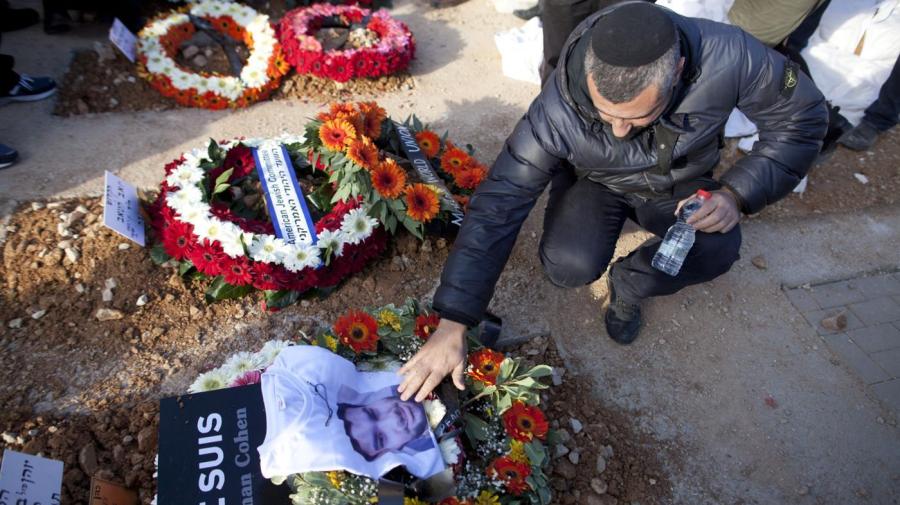What Are the Egyptian Burial Practices Today?

As of 2014, approximately 90 percent of Egyptians are Muslims, and, as such, they follow Islamic funeral and burial practices that are dramatically different from the mummification practices of ancient Egyptians. Islamic customs dictate that a body should be buried as soon after death as possible, preferably before sundown on the day the person died.
If the body cannot be buried on the day the person died, it must be buried within three days. This is to avoid having to embalm the body, as Muslims believe it is important not to disturb the body. Before being buried, the body is first washed and then shrouded in a clean, white cloth called a kafan.
Muslim funerals are usually held in a Mosque, where the imam leads the funeral goers in special funeral prayers known as janazah. After the funeral prayers, the body is taken to the cemetery or the family’s mausoleum, but only men are allowed to accompany the body for this part of the funeral. If possible, the deceased’s male relatives carry the casket to the cemetery on their shoulders, with the rest of the male mourners following behind.
The body is then buried on its right side facing Mecca, usually without a tombstone or other grave marker. Following the funeral, there is an official mourning period of 40 days, where the deceased’s friends and family gather to say special prayers and observe various mourning rituals.





